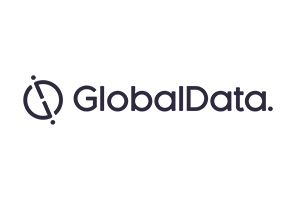
The French pharmaceuticals market is projected to decline from $35.5bn in 2017 to $34.16bn in 2021, according to a report by GlobalData.
Titled ‘CountryFocus: Healthcare, Regulatory and Reimbursement Landscape – France’, the report expects the market to witness a negative compound annual growth rate of 1%.

Discover B2B Marketing That Performs
Combine business intelligence and editorial excellence to reach engaged professionals across 36 leading media platforms.
One of the major factors for the decline is the French government’s decision to use generics to curtail healthcare expenditure, which has resulted in increasing pressure on pharmaceutical companies to reduce the selling prices.
In addition, patent expiry of branded drugs and foreign exchange fluctuations are also causing the decline in the market.
Drug pricing in France is based on external reference pricing that is linked to other European countries such as Germany, Spain, Italy and the UK. Price reduction in these countries is immediately reflected in the price reductions in France, and as a result, recurring price cuts have decreased healthcare spending.
Furthermore, the reimbursement policy followed in France is based on the clinical efficacy of the drug rather than the cost-versus-benefit approach followed in other countries such as the US and the UK. Pharmaceutical companies, therefore, undertake a higher risk for returns on innovative products.

US Tariffs are shifting - will you react or anticipate?
Don’t let policy changes catch you off guard. Stay proactive with real-time data and expert analysis.
By GlobalDataTo succeed in the French market, pharmaceutical companies need to focus on innovative medicine and biotechnology that can help in commanding a premium price for their products. The government, in turn, should provide financial incentives and tax credits to support pharmaceutical research and development (R&D).




